MWC 2023: Huawei launches 'world's best' ransomware detection system
Huawei claims its Cyber Engine database security system has a 99.9% detection rate, but experts have been quick to weaken the sentiment

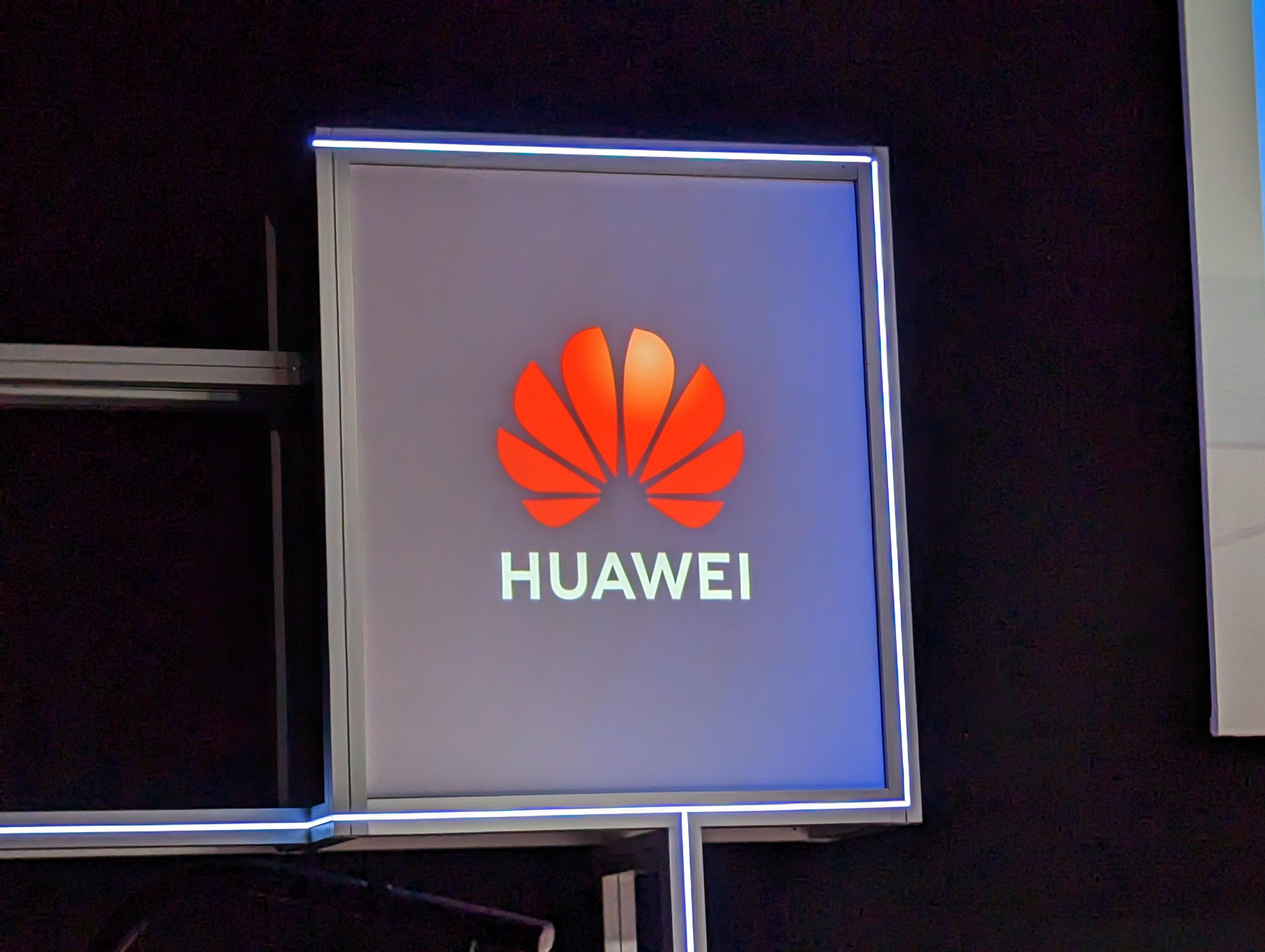
Huawei has claimed its new Cyber Engine database security system is "the best in the world" with a 99.9% detection rate for ransomware.
The system, which was launched on the opening day of the 2023 Mobile World Congress event in Barcelona, is described as a "last line of defence" by the Chinese conglomerate.
"The mechanism we have built for Cyber Engine, together with data storage, is the last line of defence, but it also should be the most effective way," Huawei's president of IT product line, Dr Peter Zhou, told journalists after his presentation.
"Our mechanism and also the algorithm we have developed within Cyber Engine is AI-trained to detect the fingerprint of the ransomware virus and whether or not there has been an attack on the system," he explained.
Once it has detected an attack, the system then informs the database to begin shutting down affected systems or systems that can be implicated. It does this with a technique called 'air gap' which is about isolating data sets.
"We honestly believe its ability to detect ransomware is the best in the world," Zhuo said.
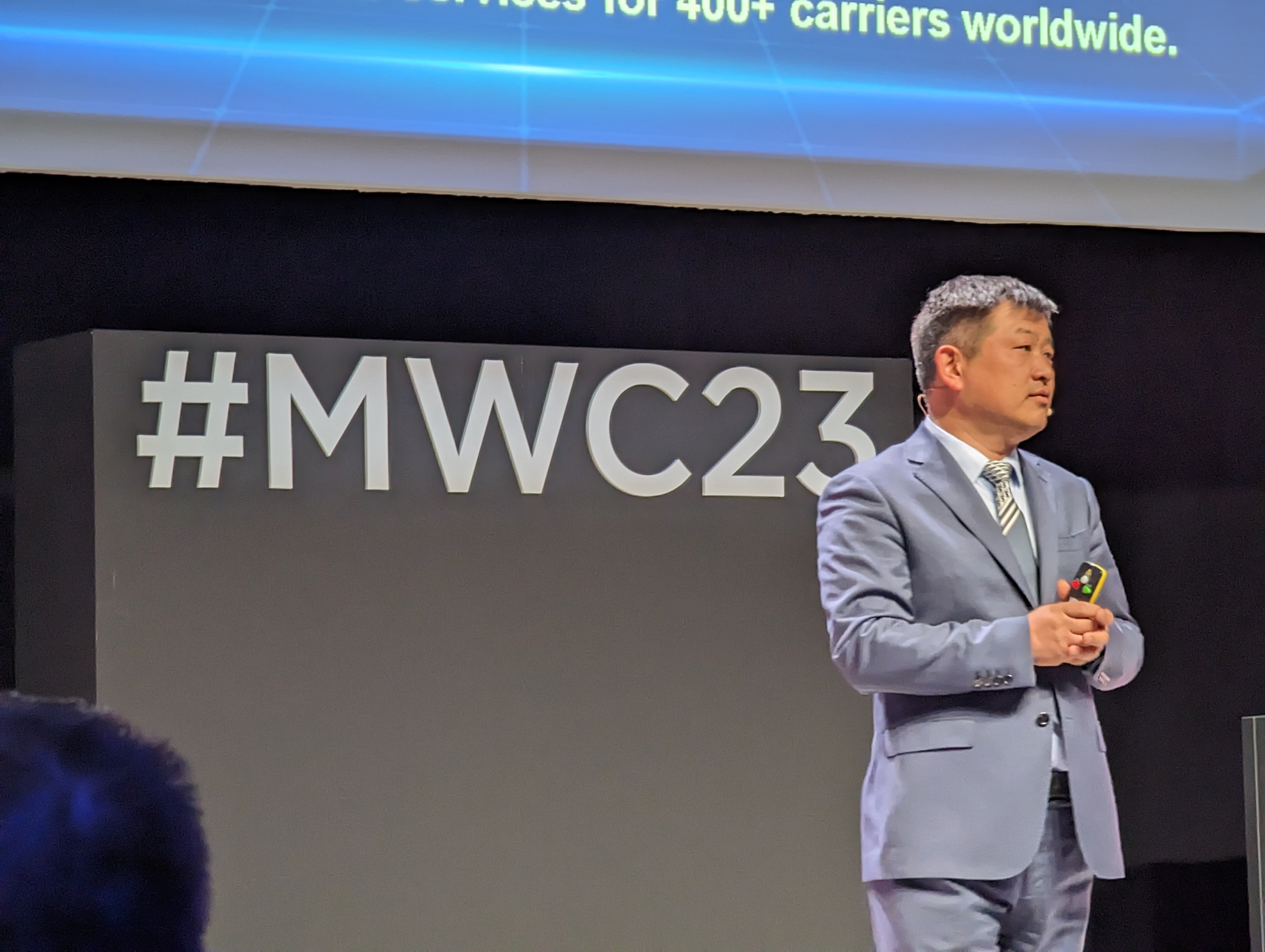
Ransomware detection systems, whether AI-powered or otherwise, will tend to have a very high success rate, according to Jake Moore, cyber security expert at ESET, however, they have to work every time to remain secure.
Sign up today and you will receive a free copy of our Future Focus 2025 report - the leading guidance on AI, cybersecurity and other IT challenges as per 700+ senior executives
"An intruder only has to infect once for the disruption to begin," he told IT Pro. "SMBs must always prepare for the worst-case scenario by simulating an attack to fully understand the localised risks rather than relying on any one tool.
"Threat detection and response are absolutely vital but cannot be relied upon completely. However small the percentage 'get out clause' is, it remains every information security controller's nightmare and therefore preparation is key to survival."
What's behind Huawei's growth in cloud computing?
Cyber Engine was just one of several new cloud computing capabilities Huawei revealed at MWC.
The Chinese firm also launched Blu-ray storage. Related to the storage of cold data, which requires low-cost archiving, Huawei said it has a longer service life and reduces the total cost of ownership for organisations.
RELATED RESOURCE
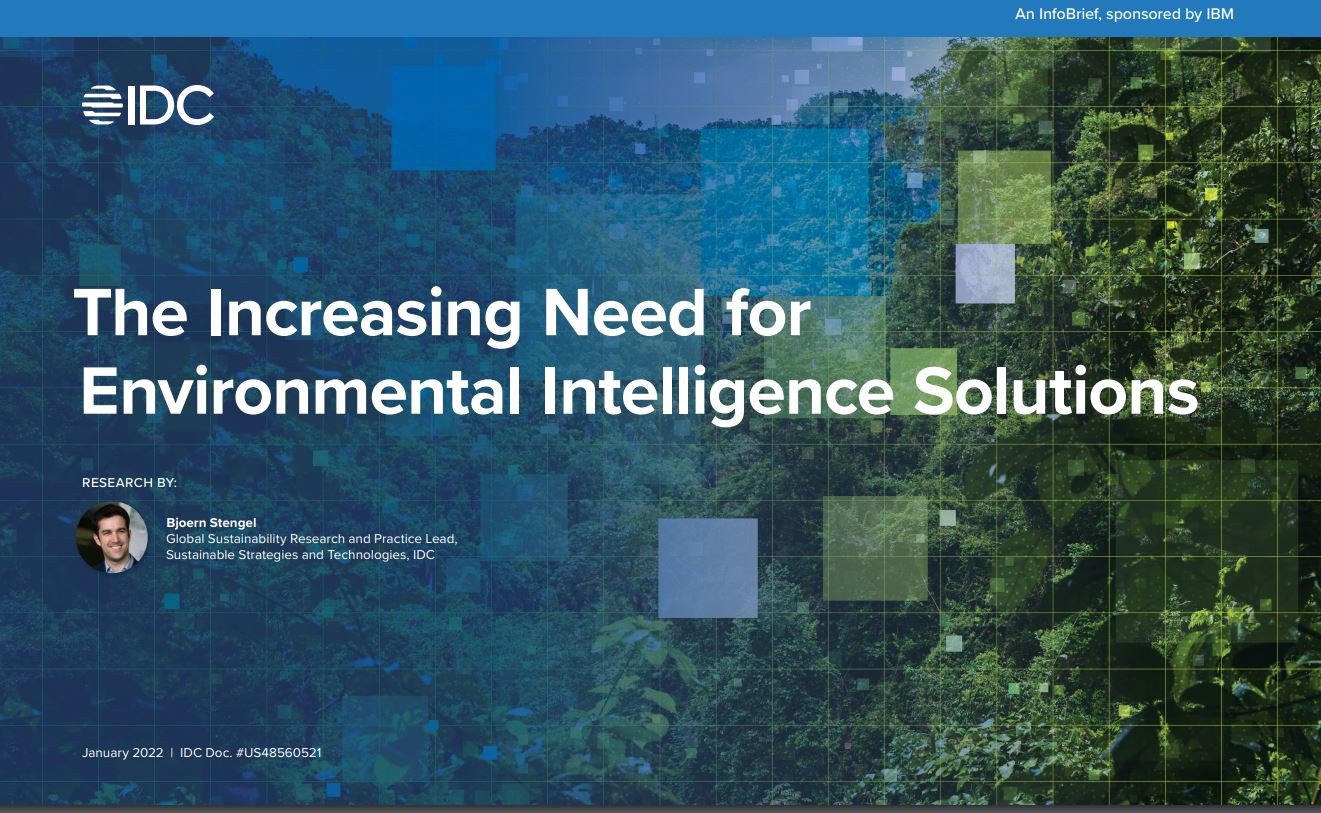
The increasing need for environmental intelligence solutions
How sustainability has become a major business priority and is continuing to grow in importance
The company also unveiled a multi-cloud storage service that deals with cross-cloud data transfers. This service is simply called 'Tiering' and categorises data to create a prioritised order for transfers to and from other cloud environments. Its aim is to reduce energy consumption as well as lower operational costs.
Another multi-cloud-based offering was the Cloud on Cloud solution, which will enable carriers to quickly build and operate their own cloud services with the capabilities and resources of Huawei.
One of the driving factors behind some of its cloud ventures, particularly its expansive database portfolio, is an expectation of increased data generation.
Dr Zhou spoke of yottabytes of data being created by 2030 - a storage volume equivalent to a quadrillion gigabytes. The company is keen to begin working on systems that handle vast amounts of data, with its AI-based security system acting as a first step.
Bobby Hellard is ITPro's Reviews Editor and has worked on CloudPro and ChannelPro since 2018. In his time at ITPro, Bobby has covered stories for all the major technology companies, such as Apple, Microsoft, Amazon and Facebook, and regularly attends industry-leading events such as AWS Re:Invent and Google Cloud Next.
Bobby mainly covers hardware reviews, but you will also recognize him as the face of many of our video reviews of laptops and smartphones.
-
 The six biggest security challenges coming in 2026
The six biggest security challenges coming in 2026In-depth What will be the main challenges businesses face in 2026 and what can they do to prepare?
-
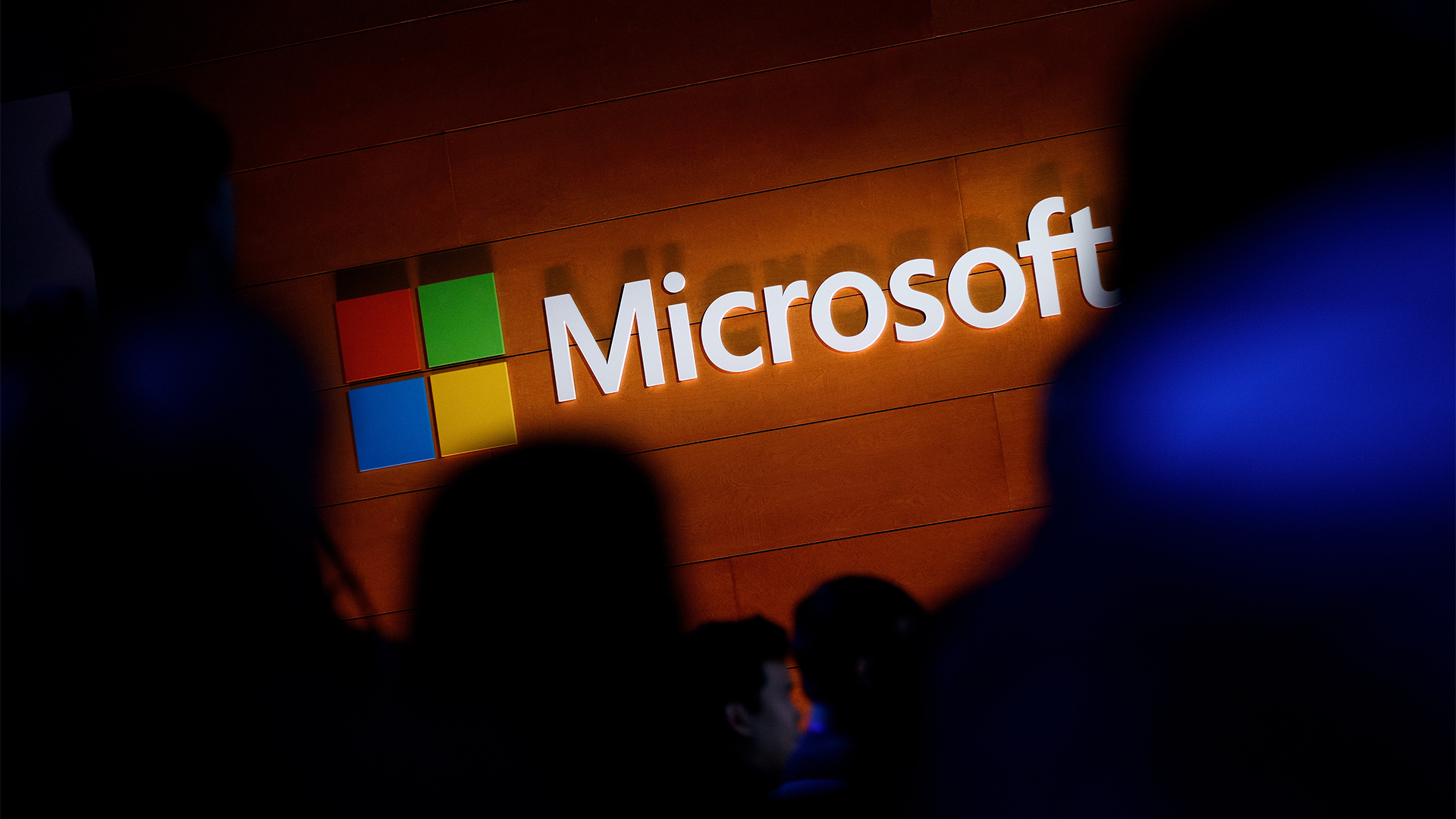 Channel focus: All you need to know about Microsoft's partner program
Channel focus: All you need to know about Microsoft's partner programChannel Focus The veteran OS developer and vendor continues to advance its strategy, particularly in Azure cloud solutions and AI
-
 15-year-old revealed as key player in Scattered LAPSUS$ Hunters
15-year-old revealed as key player in Scattered LAPSUS$ HuntersNews 'Rey' says he's trying to leave Scattered LAPSUS$ Hunters and is prepared to cooperate with law enforcement
-
 The Scattered Lapsus$ Hunters group is targeting Zendesk customers – here’s what you need to know
The Scattered Lapsus$ Hunters group is targeting Zendesk customers – here’s what you need to knowNews The group appears to be infecting support and help-desk personnel with remote access trojans and other forms of malware
-
 Impact of Asahi cyber attack laid bare as company confirms 1.5 million customers exposed
Impact of Asahi cyber attack laid bare as company confirms 1.5 million customers exposedNews No ransom has been paid, said president and group CEO Atsushi Katsuki, and the company is restoring its systems
-
 The US, UK, and Australia just imposed sanctions on a Russian cyber crime group – 'we are exposing their dark networks and going after those responsible'
The US, UK, and Australia just imposed sanctions on a Russian cyber crime group – 'we are exposing their dark networks and going after those responsible'News Media Land offers 'bulletproof' hosting services used for ransomware and DDoS attacks around the world
-
 A notorious ransomware group is spreading fake Microsoft Teams ads to snare victims
A notorious ransomware group is spreading fake Microsoft Teams ads to snare victimsNews The Rhysida ransomware group is leveraging Trusted Signing from Microsoft to lend plausibility to its activities
-
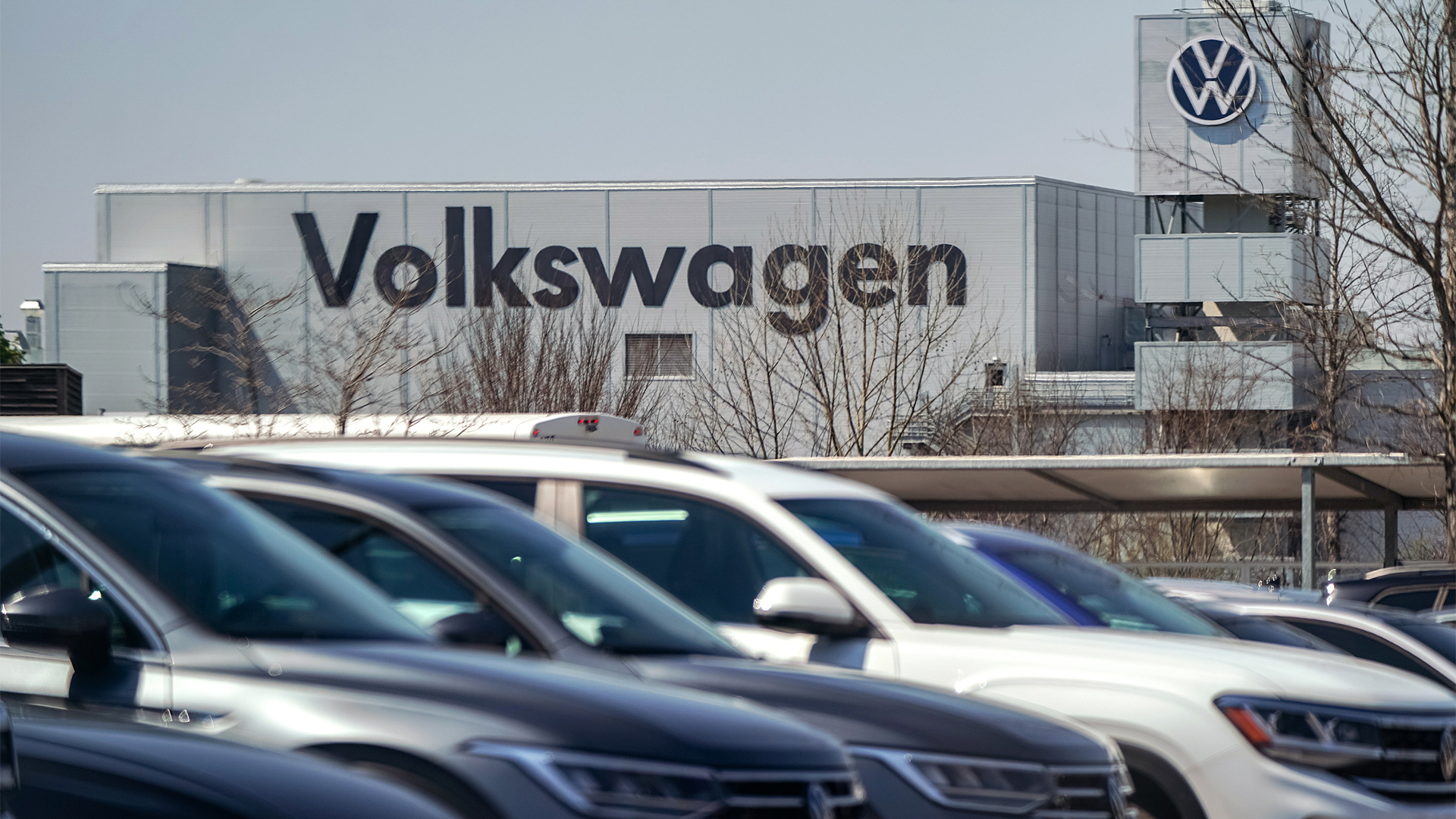 Volkswagen confirms security ‘incident’ amid ransomware breach claims
Volkswagen confirms security ‘incident’ amid ransomware breach claimsNews Volkswagen has confirmed a security "incident" has occurred, but insists no IT systems have been compromised.
-
 The number of ransomware groups rockets as new, smaller players emerge
The number of ransomware groups rockets as new, smaller players emergeNews The good news is that the number of victims remains steady
-
 Teens arrested over nursery chain Kido hack
Teens arrested over nursery chain Kido hacknews The ransom attack caused widespread shock when the hackers published children's personal data
